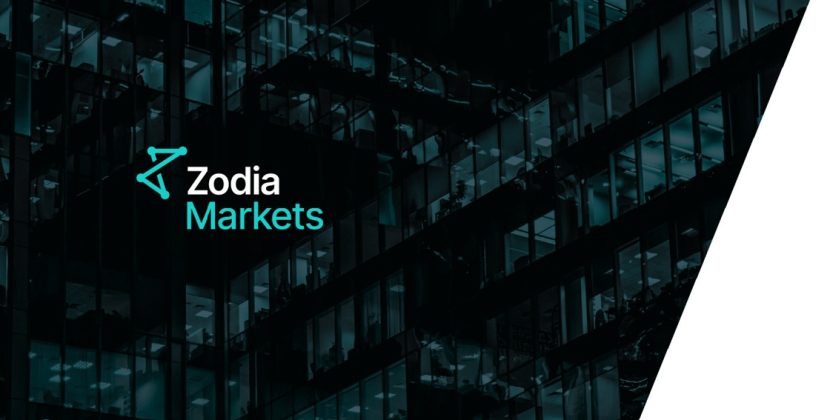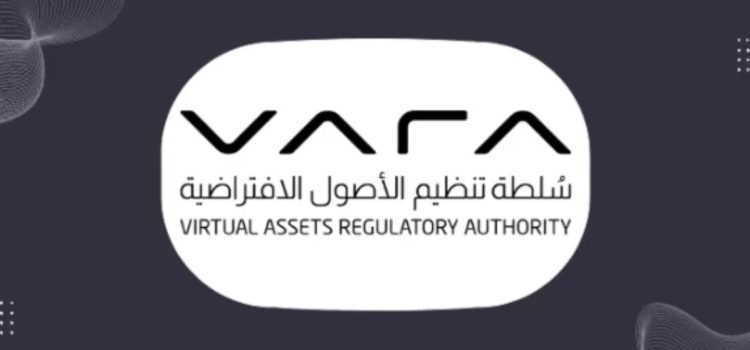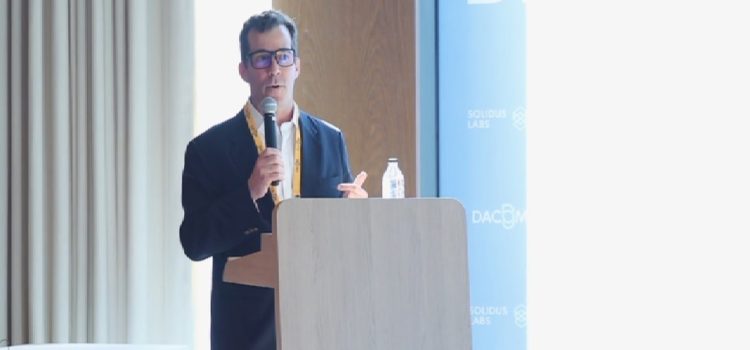
Dubai’s Virtual Assets Regulatory Authority (VARA) announced that while more than 1,000 legacy firms have filed applications to register under Dubai’s unique regulatory framework, underscoring the city’s commitment to fostering a transparent and resilient virtual asset environment, these firms need to complete their applications in ten days, by November 17th 2023.
As per the press release, following the inception of the Authority by Law No. 4 of 2022 and the issuance of VARA regulations in February 2023, Dubai’s Virtual Assets sector, which includes specialist Virtual Asset Service Providers (VASPs) and traditional businesses involved in Virtual Asset activities, became a part of a regulated sector requiring all such legacy operators in the Emirate of Dubai to obtain licenses or registrations under VARA
Further to substantive outreach efforts facilitated in collaboration with the Department of Economy and Tourism (DET) and the Dubai Free Zone Council (DFZC) through 2023, VARA’s dedicated licensing team have successfully rolled out an accelerated domestic outreach program.
Dubai’s Virtual Assets Regulatory Authority (VARA) is advancing its engagement with the virtual asset market to evaluate compliance with its set regulations, emphasizing the obligatory licensing for all Virtual Asset Service Providers (VASPs) in the Emirate. Firms lagging in their application processes have until 17th November 2023 before enforcement mechanisms are due to be triggered by default.
As such VARA is calling on VASPs that have yet to submit the applications, have missed the notifications from their commercial licensing authorities, or have submitted incomplete forms to proactively get in touch, to avoid unintended regulatory consequences.
In recent months VARA has been issuing various market alerts. In its most recent alert it called to attention the media coverage regarding Bitay’s supposed entry into the UAE market, showcasing that unless they have secured approval or regulated by VARA or any other regulatory authority in the UAE. Prior to that it issued a notice with regards to Islamic Coin.
As per VARA, according to Cabinet Resolution No. 111/2022 advises the market to not engage with unregulated VASPs. VARA reaffirmed that Bitay is not regulated by VARA and has not sought to otherwise be registered with VARA.
This latest announcement by VARA comes after the UAE National Anti-Money Laundering and Combating Financing of Terrorism and Financing of Illegal Organizations Committee (NAMLCFTC), in collaboration with UAE supervisors, has issued guidance on combating the use of unlicensed virtual asset service providers, which is prepared by the supervisory subcommittee.
The guidance, which aims to educate licensed financial institutions (LFIs) and the wider public sector on the risks associated with unlicensed virtual asset service providers, has been issued pursuant to the Decree Federal Law No.20 of 2018 on Anti-Money Laundering (AML) and Combating the Financing of Terrorism (CFT) and Illegal organizations. It aligns with the Financial Action Task Force (FATF) publication on updated guidance for a risk-based approach to virtual assets and virtual asset service providers.
The guidance provides the reporting entities, including LFIs, Designated Non-Financial Businesses and Professions (DNFBPs), and Licenced Virtual Asset Service Providers (VASPs), with a comprehensive roadmap to enhancing their governance and operational processes. It also highlights how to identify and address governance challenges and emerging risks, underlining the importance of compliance with regulatory obligations under AML legislation and the regulations, instructions, guidelines, notices, and rules issued by the Supervisory Authorities.
The guidance directs the reporting entities to consult the FATF Report on Red Flag Indicators of Money Laundering and Terrorist Financing regarding Virtual Assets. It specifically requires them to remain vigilant of the various fraudulent methods unlicensed VASPs adopt; continue to manage money laundering, financing of terrorism, and proliferation financing risks effectively; ensure emerging risks are factored into their business and customer risk assessments; and ensure due diligence is conducted to identify instances of forged documents and sanctions evasion.
As per the guidance, VASPs operating in the UAE without a valid license will be subject to civil and criminal penalties, including, but not limited to, financial sanctions against the entity, owners, and senior managers. Furthermore, reporting entities that demonstrate willful blindness in their dealings with unlicensed VASPs and have weak AML/CFT and Counter Proliferation Financing controls may be subject to enforcement action.
Khaled Mohamed Balama, Governor of the CBUAE and Chairman of the NAMLCFTC, said, “The new guidance on combating the use of unlicensed virtual asset service providers comes at a time when virtual assets become more accessible through digital channels. As our digital economy matures, our work on combating all kinds of financial crimes intensifies through raising awareness of their risks and emphasising the importance of compliance with relevant regulations and legislation to ensure the integrity of the UAE’s financial system.”










